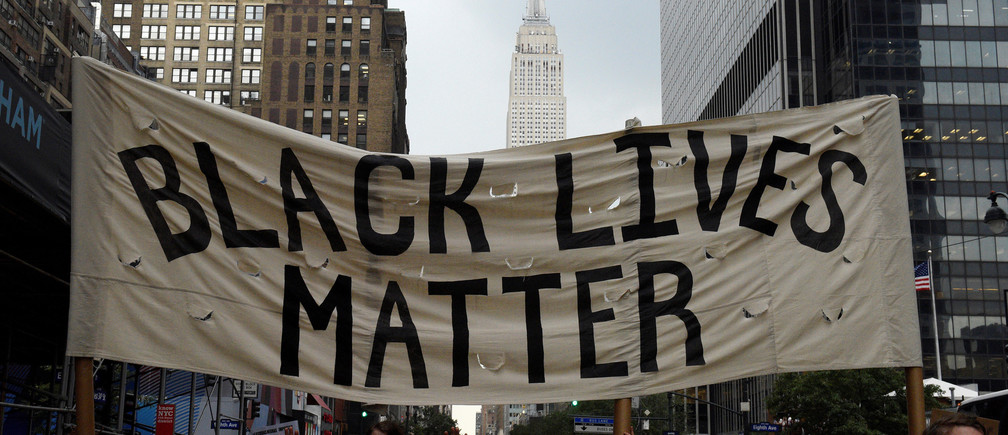Opinion
Years On, The UK’s Horrific Colonial Past Is Alive, Still Haunts

In recent times, the demands for justice have extended far beyond the specifics of the individuals involved and instead reach deep into the structurally racist inequalities embedded in countries all around the world. From democracy demonstrations in Hong Kong, the Sudan revolution and weeks of Black Lives Matter campaigns have awoken calls for systemic changes in the society.
The killing of George Floyd by US police in Minnesota, on 25 May 2020, has sparked a public response both powerful and more international than almost any of the previous cases in a very long line – including Breonna Taylor in Kentucky.
This has triggered a new dimension in the kind of conversations countries like the United Kingdom may have with its former colonial territories more so in Africa and the Caribbean.
A bizzare decision by the UK Treasury to celebrate the final payment to former slave owners being made prompted a wave of revulsion at the idea that taxes paid by UK tax residents in this century could have been used, in effect, to make good an imagined debt to those who profited from human misery in one of the most shameful elements of an imperial history not lacking in competition. That response included a petition, now reopened , calling for the government to return to taxpayers these illegitimately raised revenues.
And the human costs of the structurally embedded racism, in both former imperial powers and in settler/colonial states, run far higher. The racial wealth gap is extraordinary, is not closing and will not do so under the types of policies typically considered. According to Kimberly Latrice Jones of the Tax Justice Network says White power didn’t just push Black people and others behind, as if stealing some money in a game of Monopoly.
UK High court gives elderly Kenyans permission to claim damages from British government for abuses suffered during rebellion.
The court rejected the government’s claim that too much time had elapsed for there to be a fair trial, just as it threw out an earlier claim that the Mau Mau veterans should be suing the Kenyan government, not the British.
During Kenya’s liberation struggle, hundreds of fighters suffered what the defense lawyers describe as “unspeakable acts of brutality”, including castration, beatings and severe sexual assaults.
Many more men and women around the world who were imprisoned and allegedly mistreated during the conflicts that often accompanied the British retreat from empire may also be considering claims.This checkered history is still on the UK’s neck.
In terms of the territories and the islanders themselves, the position is perhaps more straightforward. The UK has, in effect, saved money year on year by promoting their tax havens rather than supporting broad-based, sustainable human development strategies. The City of London too has benefited, by receiving a greater stream of (partially laundered) dirty money; although of course, this has also contributed to the UK’s own finance curse, driving the governance and inequality problems it now faces. These funds, in effect taken from the territories by the UK’s failure to meet its responsibilities, should now be provided as the basis to support that permanent transition – away from tax havens, with both the global and local costs that it imposes, and towards alternative strategies: the ‘Plan B’ that islands should have been supported to develop since the 1950s, instead of pursuing financial secrecy.

You must be logged in to post a comment Login